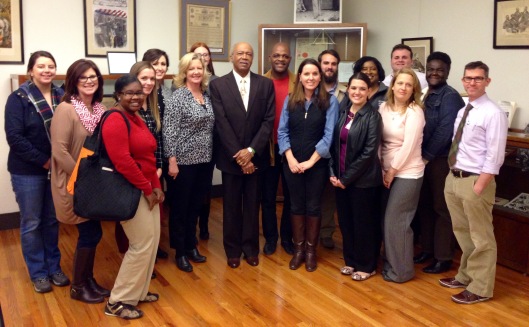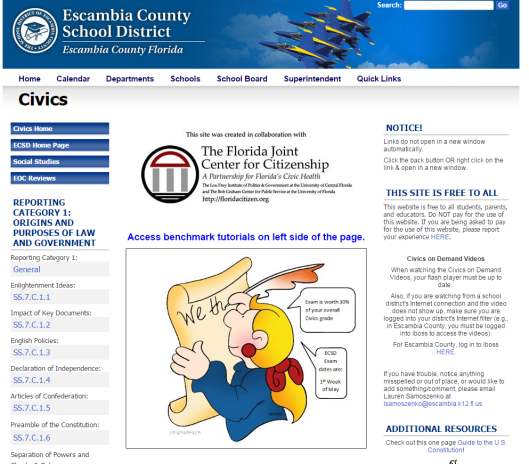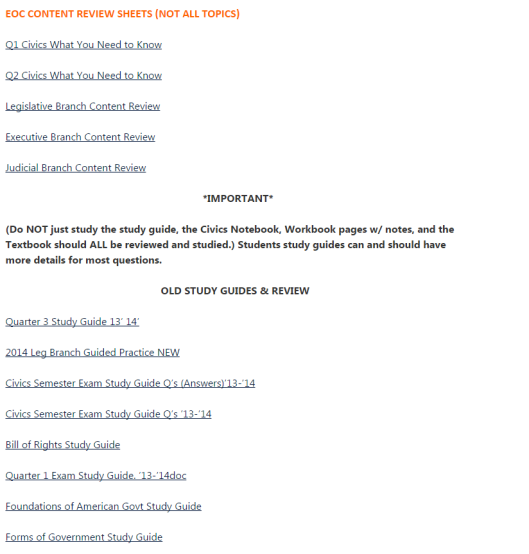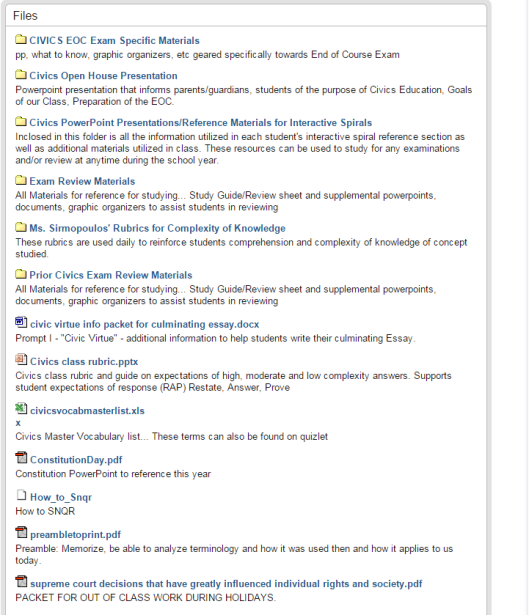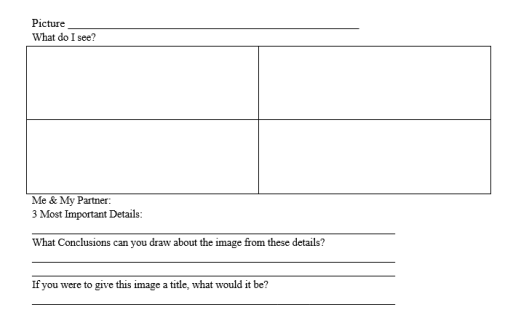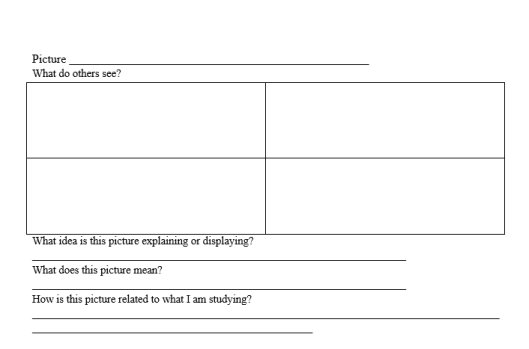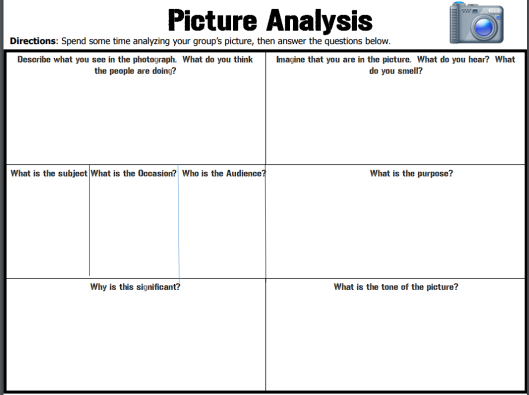The Florida Joint Center for Citizenship has compiled a variety of election and related resources that may facilitate instruction on this most important of elections. We have broken down the resources to make it easier to decide what you want, listed below, and this post will provide you with an overview of what you may find within each section. Please keep in mind that the Lou Frey Institute, the Bob Graham Center, and the FJCC do NOT take a position on any individual or candidate.
You can find all of these links through our site!

Main Party Presidential Candidates

This section covers the five remaining major party presidential candidates. By the general election, we will have only the two major party candidates AND the ‘major minor’ party candidates that are likely to appear on multiple state ballots. Only the major parties were included here because many of the ‘major minor’ candidates do not have individual campaign sites. We HAVE provided links to party websites elsewhere on the page.
National Convention Information

As this section suggests, you can find information concerning party conventions here. Each party listed here is likely to have their candidates on at least ten state ballots. Some are more detailed than others.
National Political Party Websites

Before you ask, both the Communist and Socialist Parties are included here because they are included as part of Florida’s Civics Benchmark SS.7.C.2.28 (Identify America’s current political parties, and illustrate their ideas about government, within the content focus terms). Excluding the two left wing parties, each party will likely appear on at least ten state ballots.
Senate 2016 Election

This site contains an overview of the 2016 election campaign, with a focus on the Senate races. Certainly a significant factor in determining the agenda of the president no matter the party.
State of Florida Election Information

Just what the title suggests, in this section you will find resources on registering to vote, candidates and offices, election supervisors, district information, and more. Obviously, applicable mainly to Florida, where we never have issues with elections.
Presidential Candidates and Issues

Where do the candidates stand on the issues of the day? What is their position on what matters to you? Check out these resources to find out. Ballotpedia also has some excellent resources on non-presidential races.
Lesson Plans

Looking for a lesson relating to the race and elections? Check out what is available here! They are pulled from a variety of places from across the Web, with a heavy focus at this point on primaries and caucuses. Something that the candidates and their supporters may themselves need help understanding!
Videos

Looking for a good video that can be used to teach about the election? We have collection of them here for you. I highly recommend The Living Room Candidate to help kids understand the power of political advertising. And our own Dr. Terri Fine did an excellent video on elections in collaboration with the Orange County Supervisor of Elections.
Online Interactives and Games

Of course you will find iCivics here. But there are also a great many other online resources and games that you might find useful in getting your students engaged with the election! Not listed here, and it should have been, is our own election simulation site, which you are free to use not only for this election but for any sort of vote you wish to do with your students!
General Election Sites

What kind of data can we look at about the election? What are some things you need to know? Check out these general links about the general election!
Elementary Trade Books

We need to be teaching our kids about voting and elections as soon as possible. Check out some of the books you can use with elementary kids of all ages!
We hope that you find these useful. And, again, we do not endorse or take a position on any candidate or issue! Except on civics. We believe that civic education should get all of the money. You can find all of these resource links on our site! And thank you to our own Val McVey for getting these together!

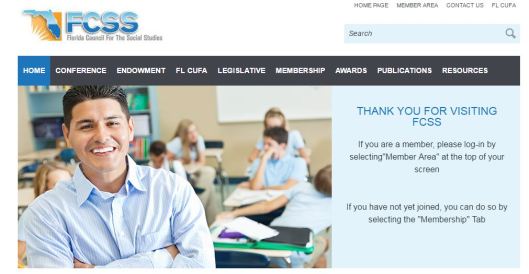
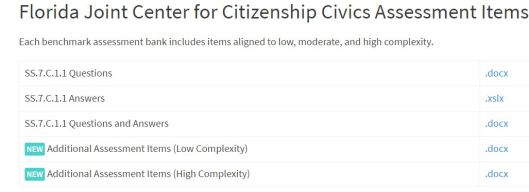

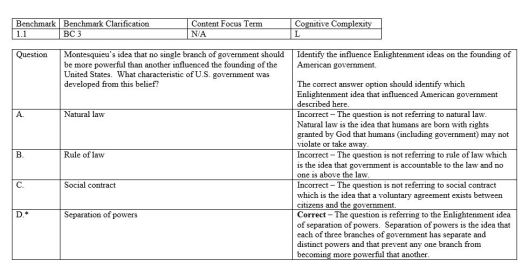
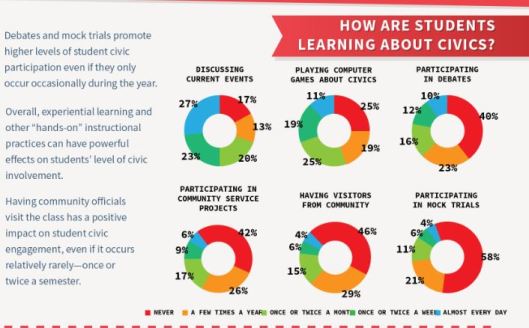 This is, perhaps, no surprise. The more students are engaged in the practices of civic life through classroom instruction, the more they are likely to engage in the practices of civic life outside of the classroom. Of course, there are caveats that must be taken into account when considering this data. For example, it is highly unlikely that 10% of students are taking part in debates every day. I do not find it surprising however that 40% of students said that they NEVER engage in debate in the classroom, and that 58% of students never participate in a mock trial (though students in Florida are SUPPOSED to experience the jury process. See SS.7.C.2.3—Experience the responsibilities of citizens at the local, state, or federal levels) . In my experience, some teachers are uncomfortable with the structure of debates and simultations and the possibility that there could be controversial (and possibly job-threatening, especially in a state with no tenure) topics involved. And of course, there is the time factor!
This is, perhaps, no surprise. The more students are engaged in the practices of civic life through classroom instruction, the more they are likely to engage in the practices of civic life outside of the classroom. Of course, there are caveats that must be taken into account when considering this data. For example, it is highly unlikely that 10% of students are taking part in debates every day. I do not find it surprising however that 40% of students said that they NEVER engage in debate in the classroom, and that 58% of students never participate in a mock trial (though students in Florida are SUPPOSED to experience the jury process. See SS.7.C.2.3—Experience the responsibilities of citizens at the local, state, or federal levels) . In my experience, some teachers are uncomfortable with the structure of debates and simultations and the possibility that there could be controversial (and possibly job-threatening, especially in a state with no tenure) topics involved. And of course, there is the time factor!


